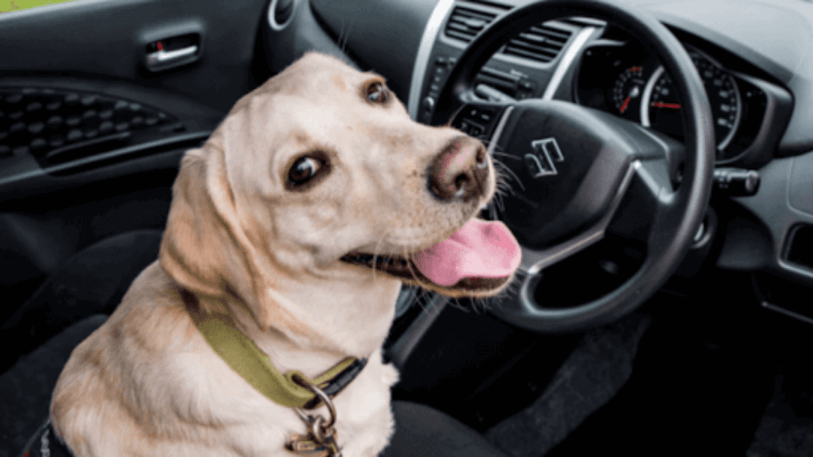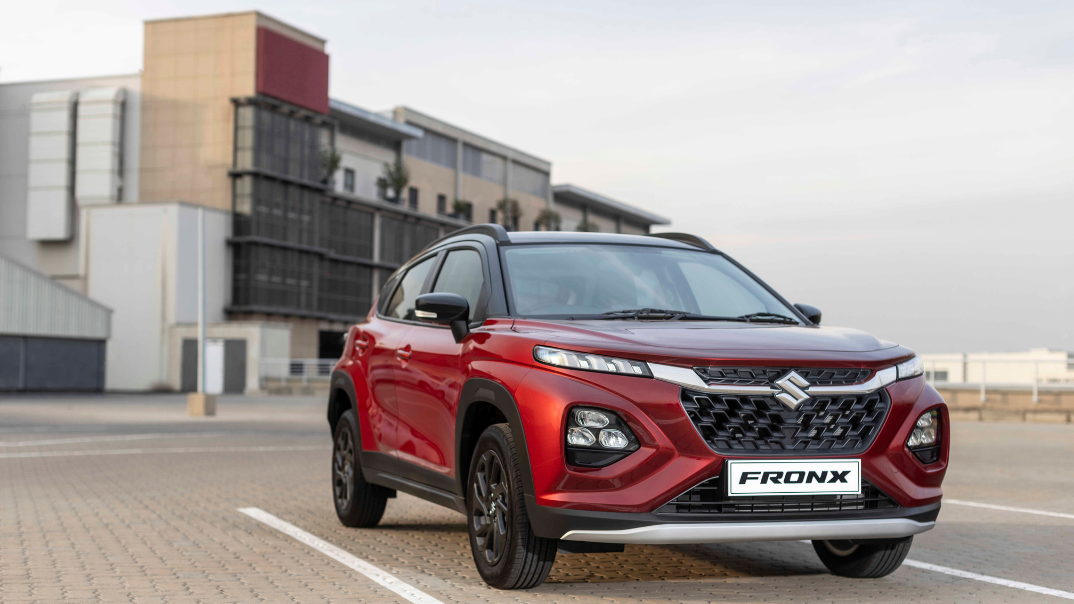 Taking your furry babies with you on holiday can be loads of fun, but 12 hours in the car can be challenging. Here are some tips on travelling with pets to help the journey go smoothly.
Taking your furry babies with you on holiday can be loads of fun, but 12 hours in the car can be challenging. Here are some tips on travelling with pets to help the journey go smoothly.
Estimated Reading time: 6 minutes, 30 seconds
After a year of hard work there’s nothing quite like a family roadtrip to kick start the holiday season. But who’s going to look after your furry friends while you’re away? Many pet owners are faced with the struggle of finding a suitable house sitter, or leaving their pets in a kennel or cattery — both of which can be highly stressful.
After a year of hard work there’s nothing quite like a family roadtrip to kick start the holiday season. But who’s going to look after your furry friends while you’re away? Many pet owners are faced with the struggle of finding a suitable house sitter, or leaving their pets in a kennel or cattery — both of which can be highly stressful.
Taking your pets with you when you travel is not as hard as it seems. In fact, having your dog or cat along for the ride can be a lot of fun — as long as you’re fully prepared, pet-wise and COVID-wise.
Here are a few tips to help you plan a pet-friendly road trip:
1. Pet-friendly accommodation and facilities
Not all accommodation is pet-friendly, so you’ll need to do some research in advance to ensure that your accommodation allows animals. You can use Petfriendly South Africa, an online directory for pet owners, to help you find pet-friendly accommodation and activities like parks, beaches, hiking trails, restaurants, malls and markets that allow animals. When you’re booking accommodation, also take note of where your nearest 24-hour emergency vet will be.
Remember that while keeping your pet safe, you also need to keep yourself and your human family members safe as well. Make sure you’re happy with how the accommodation adheres to COVID regulations. Be sure to find out if there are any COVID-specific restrictions. Bear in mind that some accommodation that previously allowed pets may have changed their regulations due to COVID restrictions.
2. Plan your route
It’s important to stop for regular breaks on any road trip — but even more so with pets in the car. Plan your route ahead of time, and make sure it includes regular pit stops to let your pets “use the bathroom”, stretch their legs and have something to drink. Ideally, you should stop at least every three to four hours. Plan to spend about 15 to 20 minutes at each stop.
If possible, plan your pit stops at rest stations you know have plenty of space for your pets to walk around while still allowing you to maintain proper social distance.
3. Get a check-up at the vet before you leave
Before you leave make sure you pay a visit to the vet. Your pets will be in a new environment, so you want to make sure their vaccinations are up to date. You should also stock up on any special food or medication your pet might need while you’re away.
Make sure you take a copy of your pet’s medical records with you when you travel.
4. COVID-19 considerations
While the prospect of being able to finally take the whole family on a road trip — feet, paws, and all — is exciting, there are a few things you need to know regarding COVID-19 restrictions. Long road trips can be stressful for many animals at the best of times, but introducing unfamiliar experiences (i.e. COVID regulations) can make it more stressful for your pets. The best way to reduce their stress is by getting them used to the new experiences they’ll have on the trip.
You’ll be wearing a mask more often than you usually would at home, especially during pit stops. If you have anxious pets, wear your mask around them at home for a few days before you leave so that they can get used to it. For sensitive pets, the smell of hand sanitiser may be unpleasant if they aren't used to it, so start introducing the smell/s before your trip. Introduce new smells and masks slowly to avoid unsettling already anxious pets. Remember to practice social distancing when at rest stops. Keep your pets, especially dogs, on a leash so that they don’t wander off into groups of people or get into mischief.
5. Packing for your pets
When you’re packing for your trip, keep an eye on the weather report - — this could affect what you’ll need (like extra blankets for a cold front). You’ll also need the following essentials:
- A pet safety harness or carrier crate for the car
- Water bowl
- Bottled water
- Leash
- Collar with ID tag
- Old towel
- Wet wipes
- First aid kit
- Medication (if any)
- Health records
- Bedding
- Litter box and litter (for cats)
- Treats
- Toys
- Enough food for the entire trip (plus an extra day’s worth for emergencies)
- Waste bags (to pick up after your dog)
- A brush and pet shampoo
- Pet-friendly insect repellent
Don’t forget to also pack these COVID-related human essentials:
- Plenty of masks: surgical or cloth
- Disinfectant wipes (animal friendly)
- Hand sanitiser (animal friendly and ideally familiar to your pets)
6. Final checks before you leave
Don’t feed your cat or dog immediately before setting off on your journey — rather feed them a few hours beforehand. They suffer from motion sickness just like we do and the last thing you need is an upset tummy in the car.
Spot the signs of motion sickness. . .
- General unease, listlessness or restlessness
- Yawning
- Whining, crying or yelping
- Smacking lips or drooling
- Vomiting
Young animals suffer more severely from motion sickness than adults do, just like humans. If you think your pet is in trouble, roll down your windows, make sure the car is well ventilated and try to take lots of breaks.
Just before you jump in the car, run through your essentials list again, and make sure your pets “do their business” one last time (you’ll want to avoid any accidents on your car seats). As a precautionary measure, keep an old towel down to protect your seats.
7. Always buckle up!
It’s extremely dangerous to let your pet roam freely in the car or hang out the window. Not only does this cause distractions for the driver, but it also leads to injuries - if you slam on brakes, or swerve to avoid a pothole, your pet could go flying.
If you have a small dog or a cat, make sure they travel inside a well-ventilated carrier crate. If you have a medium to large dog, buckle them in using a pet safety harness attached to your car’s seat belt.
8. Watch out for heatstroke
Pets are particularly susceptible to heatstroke. Never leave your pets unattended in a hot car and, if it’s hot, keep the air conditioner on while you drive. Make sure you have a water bowl available in the car so that you can give your pet something to drink whenever you make a pit stop.
9. Getting settled
When you arrive at your accommodation, be sure to disinfect and wipe down any high-touch surfaces, etc. Before letting your pets get used to their new surroundings, make sure you’ve cleaned where you need to.
Any new environment is bound to pique the curiosity of your pets, especially if they’re naturally inquisitive. To avoid any mishaps or accidents, make sure you pet-proof your COVID accessories. Don’t leave sanitiser bottles where your pets can get hold of them; sanitiser can be extremely toxic if ingested. Don’t leave masks lying around if your pets tend to chew things. Make sure the disinfectant wipes/spray you use on countertops and high-touch surfaces is animal friendly; harsh disinfectants can irritate sensitive paws and noses.
10. While on holiday, maintain your routine
It’s important that you stick to your regular routine (like feeding times, exercise and medicine doses) while you’re away.
Dogs are extremely adaptable, and will most likely have the time of their life on holiday with you. Cats, on the other hand, are not always the happiest of travellers, and should be kept enclosed indoors to avoid them wandering off and getting lost in a strange environment.
Planning a holiday road trip? download our guide on planning the ultimate road trip holiday, or if you need more helpful tips about buying and maintaining your car, safety, travelling and fun family activities? Subscribe to the Suzuki blog and we will deliver our latest posts straight to your inbox



